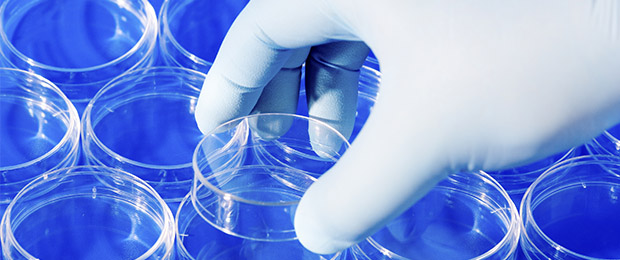Scientists at the EPFL[1]stem cell bioengineering laboratory have succeeded in “transforming adult cells into stem cells using a compression method”.The team led by Professor Lathias Lutolf, has published its results in the Nature Materials journal.
They used the technique developed from 2006 onwards by Professor Yamanaka in Japan to produce iPS cells. This involves inserting four primary activated genes into mature cells. The novelty lies in cultivating the cells in a three-dimensional nutrient gel. This gel, which is dense and rigid, exerts physical strength on the cells.
Reprogramming is faster (six to eight days) because of this pressure and more effective. “Surprisingly, this micro-environment directly influences the reprogramming of cells into stem cells,” explained Professor Lutolf in the press release.
The discovery, which was unveiled on 11 January, should facilitate the production of iPS cells on an industrial scale as a standardised procedure. Scientists recognise the fact that the phenomenon is only “partly understood”. At the present time, they believe that the “three-dimensional environment could be key to this transformation by generating mechanical signals which compliment genetic factors to trigger transformation into stem cells”.
[1] Ecole Polytechnique fédérale of Lausanne – the Swiss Federal Institute of Technology, Lausanne.
RTS (13/01/2016); EPFL (12/01/2016)

